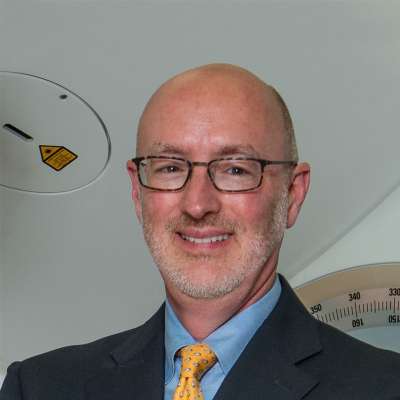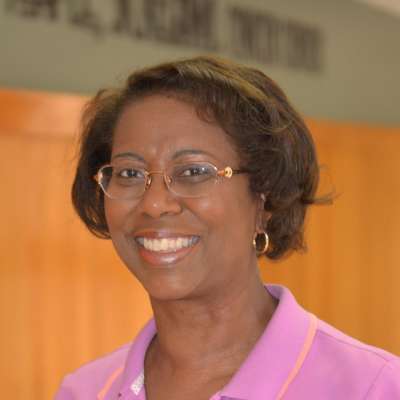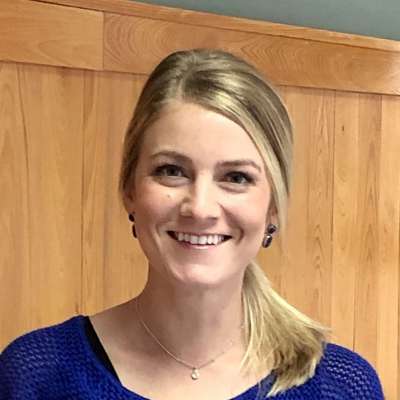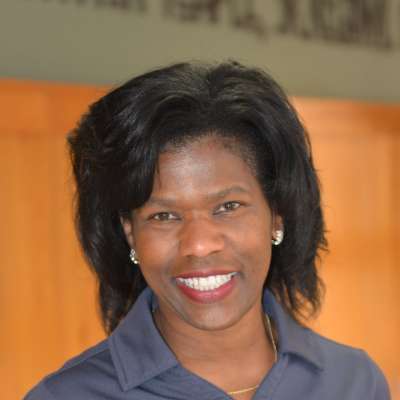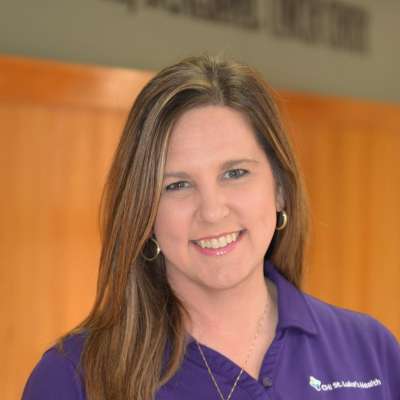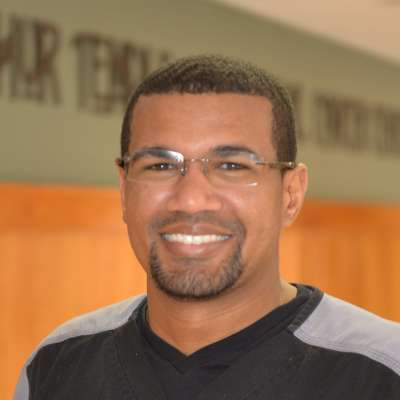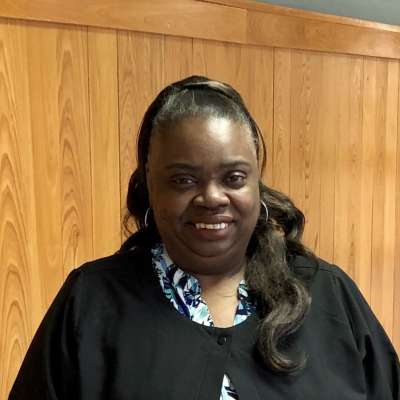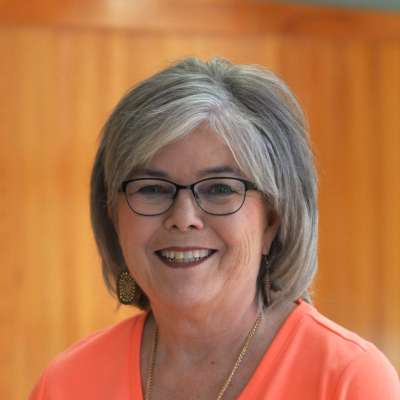I texted a friend of mine recently that I needed an attitude adjustment – that things are stressing me out more than they should. He suggested a glass of Pinot would help. He was not wrong. I am not one to rely on the fruit of the vine to calm my disposition and I certainly don’t advocate that for my patients. Disclaimer aside, the glass helped.
So why the stress?
As physicians, it is fundamental that we put our patient’s best interest first. Our decision-making should be based on what would benefit the patient – in my specialty, to cure or palliate – and not what would benefit our pocketbook, much less an insurance or drug company.
If a patient has multiple medication options and several options are equally effective, I should consider cost and ease of use when prescribing and not simply that drug A is newer (or has a catchier jingle[1]) than drug B. The newer drug undoubtedly is more expensive; the question is whether it is more effective. It may not be.
Drug manufacturers make more profit on brand name drugs than on generics.[2] Once a medication comes off patent – becomes generic – the price can be so low as to be not worth the effort to make. The Times notes, “Whereas name-brand drugs can be so expensive that people can’t afford them, generics are often so cheap that companies stop making them or cut corners to turn a profit.”[3] Big Pharma naturally would rather chase after the next billion-dollar drug than hassle with cheap generics. But – and there is a real but here – it isn’t all Big Pharma’s fault.
Let me provide a little context. The healthcare sector accounts for almost 20% of gross domestic product (GDP).[4] Physicians are often the scapegoat in discussions of healthcare spending. Yet physician services account for only 15% of healthcare spending.[5] The top drivers of rising healthcare costs are our aging population (with chronic diseases) and rising drug prices.[6] And those drug prices have been the target of lawmakers on both sides of the aisle. Government intervention, however well-intentioned, has led to drug shortages, less research and development spending, and delay in access to medicines.[7]
Consider chemotherapy. We are in the midst of a national shortage of cisplatin[8], one of the most important chemotherapy agents in history. Cisplatin is best known for curing testicular cancer,[9] but it is used in the treatment of many different types of cancer. Because cisplatin and its cousin carboplatin have been around so long, they are generic and cheap. A vial of cisplatin – enough for a single high dose or several weekly doses – costs $35. Compare that to some commonly used name brand anti-cancer agents, which run tens of thousands of dollars or more a year. Yet cisplatin remains profoundly effective in appropriate circumstances. In many cases it remains irreplaceable.
I have several patients recently who have been unable to access an adequate supply of cisplatin or carboplatin to go along with their radiation treatment. In response to the shortage, the Society of Gynecologic Oncology (SGO) put out a remarkable statement[10] recommending increasing dosing intervals, rounding down doses, or even minimizing or omitting doses, all of which may decrease the effectiveness of treatment.
How could cheap, generic drugs end up in short supply? The Wall Street Journal put it bluntly in the subtitle of a column Why Cancer Drugs are Being Rationed: The government squeeze on generic profits is leading to shortages.[11] Their advice? “The solution is for government to pay more for drugs, which politicians oppose because it will increase healthcare spending. Instead, they want to squeeze more money out of the pharmaceutical industry, which will exacerbate shortages.”[12] Chalk it up to the law of unintended consequences. Thankfully, there is a bipartisan effort[13] to fix this debacle.
When I texted my frustrations to my Pinot-loving friend, I had made calls across the state seeking cisplatin for my patients and had come up empty-handed. I used to say, tongue in cheek, if all I had to do was take care of cancer patients, my life would be easy. What I meant by this is the extra work – dealing with insurance companies, computer systems, the federal government, trying to find chemotherapy –adds stress, and that can affect happiness.
A relevant Twitter thread[14] caught my eye the other day. It was written by a physician who confessed he thought he would be happy when… when he paid off his loans, when he bought a bigger house, when he got promoted. (Me: when I retire.) He explained this is called the Arrival Fallacy. The term was coined by positive psychology expert Tal Ben-Shahar. As Ben-Shahar told the Times, “Arrival fallacy is this illusion that once we make it, once we attain our goal or reach our destination, we will reach lasting happiness.”[15] If we focus only on the goal and not appreciate the journey, we will never be happy. Even when that journey entails inevitable challenges. I’ve mentioned the Serenity Prayer before:[16] “God grant me the serenity to accept the things I cannot change, courage to change the things I can, and wisdom to know the difference.”[17] I used to read that prayer as very passive. Now, I see a dynamic tension between accepting what we cannot change even as we courageously fight to make a difference and advocate for others. And by accepting, I by no means mean acquiescing. That courage/acceptance tension is what keeps us sane, hopeful, and engaged in the work – work that often is never completely done or as productive as we would like. But persevere we must. Through advocacy and volunteer work, we demonstrate love for God and love for neighbor. We don’t always do either well. But we press on.[18] And yes, sometimes we need that glass of Pinot along the way. Here’s to the journey!
[1] https://www.vox.com/23583280/prescription-drug-ads-commercials-ozempic-humira-fda
[2] https://www.brookings.edu/wp-content/uploads/2017/05/paper-1-sood-brand-rx-transparency.pdf
[3] https://www.nytimes.com/2021/09/18/opinion/drug-market-prescription-generic.html
[5] https://www.ama-assn.org/about/research/trends-health-care-spending
[6] https://www.definitivehc.com/blog/5-reasons-why-healthcare-costs-are-rising
[8] https://www.sgo.org/news/drugshortage/
[9] https://www.cancer.gov/research/progress/discovery/cisplatin
[14] https://twitter.com/TPP_MD/status/1661690617036955648
[15] https://www.nytimes.com/2019/05/28/smarter-living/you-accomplished-something-great-so-now-what.html
[16] https://drsidroberts.substack.com/p/happiness-negativity-and-health
[17] https://www.aa.org/sites/default/files/literature/assets/smf-141_en.pdf
[18] https://www.biblegateway.com/passage/?search=Philippians%203%3A14&version=NIV

